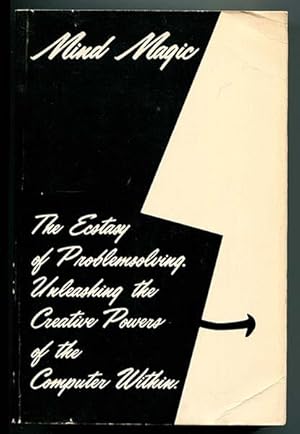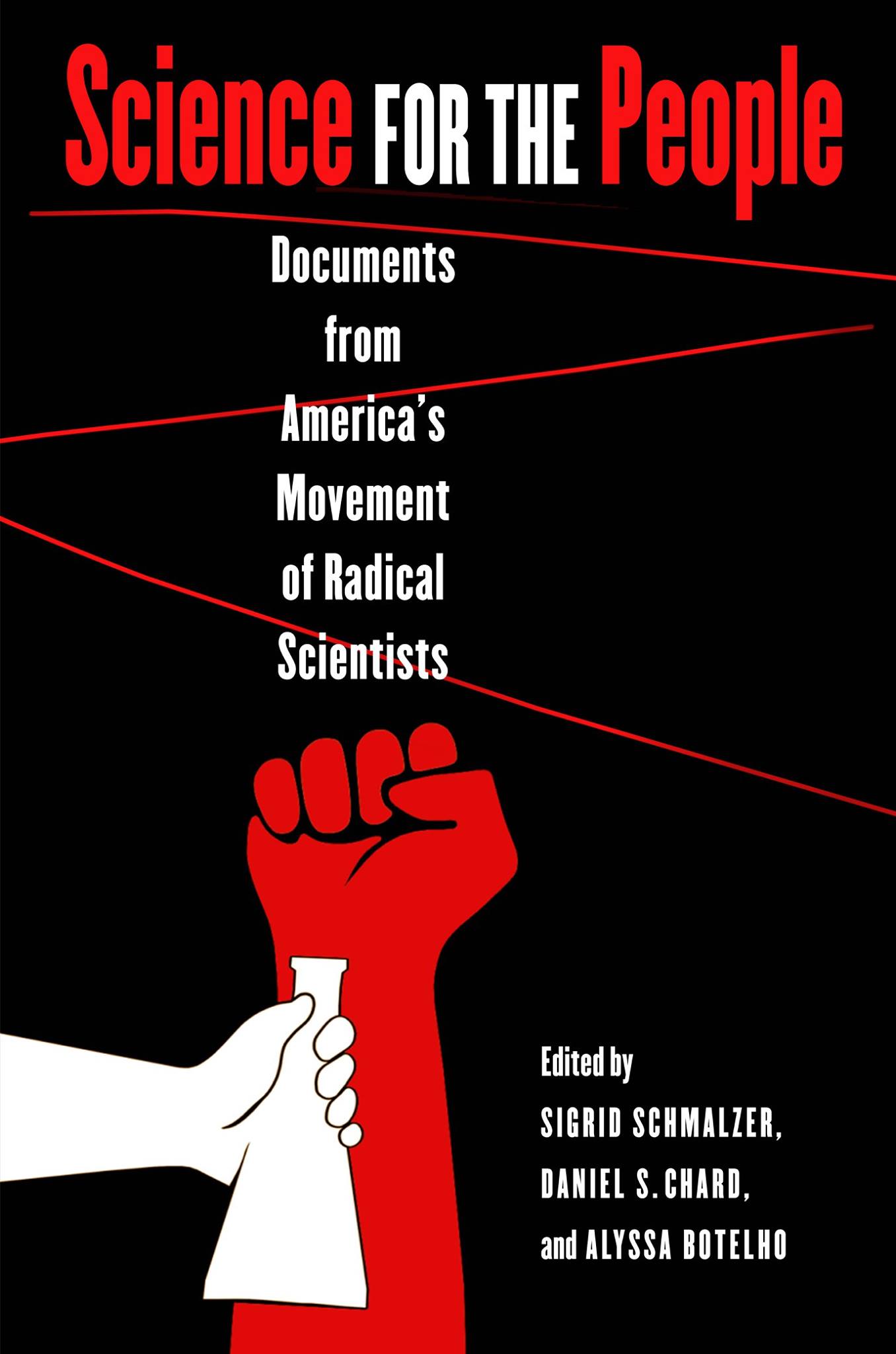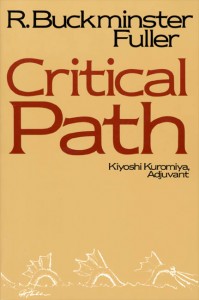
Review by Riley Reasor
A Power Stronger Than Itself chronicles Chicago’s Association for the Advancement of Creative Music and the relationship of a black cultural identity to experimental music through interviews and personal accounts with members such as Roscoe Mitchell, Leo Smith, Muhal Richard Abrams, Anthony Braxton, Joseph Jarman, George Lewis, Don Moye and Fred Anderson. The book describes the members' political and economic backgrounds involving racism and poverty and the struggle of making a living as a jazz musician to outline the necessity of the collective.
The AACM began in 1965 as a music school, system of dues, gigs and wages, and united these elements with a strong aesthetic vision under idioms such as “Great Black Music”, “Creative Music” or “Ancient to the Future”. Also chronicled are sometimes contentious relationships with what is viewed as Amiri Baraka’s more essentialist visions of a black cultural identity, a complex relationship to European Art Music as well as race and appropriation as well as the political background and possibly utopian elements of experimental and avant garde music as it relates to a black cultural identity.
This book may be of interest to anyone interested in the history of jazz and experimental music or anyone who believes that radical political change also involves some element of departure from a paradoxical relationship between mass culture and individualism towards a collective model that creates its own community infrastructure to aid in the creation of different futures.
Related Listening:
Anthony Braxton - Creative Orchestra Music 1976
Muhal Abrams Orchestra - The Hearinga Suite
Territory Band - Atlas 2
Roscoe Mitchell - Sound
Leo Smith - Divine Love
Art Ensemble of Chicago - Fanfare for the Warriors
Fred Anderson Quintet - Another Place

Review by Chelsea Lohr
When someone asks me what comics/graphic novels I like, I inevitably mention Chester Brown's Paying For It. I don't even know if I like it exactly. But I haven't stopped thinking about it since I first read it, which I think is a recommendation in itself.

Review by Chelsea Lohr
Caitlin Doughty has been working publicly to spread death positivity for years via the Order of the Good Death and her Youtube channel Ask a Mortician. This is her first book about her first job in a Bay Area crematorium. She offers an unmatched take on death and the cremation process, rituals and cultural values, and the ways capitalism and fear interrupts them. She's also really funny!
Review by Chelsea Lohr
You don't need any background in Buddhism to grasp Pema Chodron's messages in this book. I picked this book up after suddenly losing my ability to walk and I still keep a copy by my bed to flip through whenever I need a reminder of how to be present with pain.

Review by Matthew Gilmore
I don't know where to start on how this book has impacted me. I've been dealing with a lot of trauma-related issues and a desire to actually understand them lately, trying to rationalize how my brain responds to things and how better to interact with others when the trauma brain has a mind of its own. Learning more about how the brain steps through its assessment of needs and which needs are being attacked or seemingly being attacked in a traumatic response has really helped me to quiet the mental chatter constantly telling me I'm not good enough, that I'm only destined to hurt people, or that I'm actively hurting people in the present simply by merit of existence. It's helped me identify times in my past that I was particularly sensitive to the opinions of others and how those interactions at the time shaped my confidence in my own reasoning and those around me. I also appreciate the attention to a diverse set of influences on the mind, not only parents and teachers, but environmental factors, health, drugs, and isolation. I had been avoidant of trying to understand any of my trauma for so long because I convinced myself (as a result of that trauma!) that I couldn't make good choices regarding my mental health, that I was literally incapable of doing anything regarding my own state that wouldn't just amount to being an awful person or going down a dark path. Absurd, I know, and Robert Anton Wilson helped show me precisely how absurd it is to think such negative things about yourself constantly when they're just the voices of other folks still living in your head, telling you who you are, how you are, and what you are and aren't capable of. I know it's cliche, but this book has shown me that we are capable of anything we put our minds to, even unraveling 20+ years of mental spaghetti. I recommend this book to anyone struggling with understanding trauma, how that relates to others, and how to identify sources and put them in perspective rather than grasping at straws for an explanation in the moment. I'm learning more and more how important it is to recognize what tools are available for understanding the mind, and that we don't have to do it alone, or worse, transfer the problem to someone else by not understanding our own needs, boundaries, imprints, or psychology. Let Wilson remind you how great you are for existing, for persevering in the face of an absurd world, and how important it is to understand the nuances of your own mental workings!

Review by Matthew Gilmore
I'm only about 60% of the way through this book and I can already say that this is a piece of literature I've been looking for my whole life. I don't know what lead Bill Harvey to write this book, and I can certainly say it was not any knowledge of me or my personal problems, but as I read through these pages I feel both a familiarity and aversion to the things being said at the same time. In keeping with the theme of the book, I'm not going to give it a premature full review while still in the thick of the transformative thinking it is inspiring, but admittedly I also need a single point so I can test out voting functionality on the main page. I look forward to being able to provide a more thorough review of this book once I am done with it, as well as peruse more of the chaos magic section, as I'm so terribly excited to keep learning about my brain and how to decouple it from the stream of consensus consciousness I've been spending my whole life stressing about how to fit myself tidily into.

Review by Meg Duke
3.5 stars. A non-intimidating introduction to dreaming, from a westerner's perspective. Fontana is careful to offer multiple perspectives and suggest rather than state, leaving room for personal interpretation and exploration. by touching briefly on many aspects within dreams/the dream state but without delving too deeply on any subject, this book offered tinder for my imagination. but I did want a LOT more from non-western perspectives...
Review by Bo Richardson
I was first introduced to the Cold Mountain poems in college around 1972. The Gary Snyder translation showcased the outsider anti-materialist mild-anarchist version of Cold Mountain’s Buddhism and Daoism. Not many words, lots of fun.
This more recent Red Pine version has more words, more scholarship. Everything about the approach of Red Pine is different from that of Gary Snyder. Vladimir Nabokov said that translating a poem is really writing a poem about a poem. Snyder’s poems and Red Pine’s poems are so different only sometimes does a casual reader recognize a previously loved poem. Red Pine’s scholarship and poetry are both very good.
Red Pine is a self-financing scholar and in his dedication to his translation of the Dao De Ching he thanks DSHS and the Food Stamp people for their support rather than some university department chair. I thought this showed a lower Bohemian sensibility and humor.
Gary Snyder grew up in Snohomish and has written about places in Whatcom County. Red Pine lives in Port Townsend.

Review by Meg Duke
a delightful and fanciful bedtime story for all politicos

Review by Bill Svoboda
The subject matter (not surprisingly!) is dark...and detailed. The impeccably sarcastic prose reads like a non-fictional (and subversive) JRR Tolkien crossed with a modern Jonathan Swift-this was actually NOT the kind of book Charles Duff (linguist, teacher, translator and best selling author) usually wrote. As a combination history of hanging, anti capital punishment satire and general send up of British arrogance and stuffiness it is perhaps overambitious. For best results, start by reading the list of chapters ... and then sip rather than guzzle.

Review by Bill Svoboda
Another winner from PM Press's "Outspoken Authors" series. This has the same basic format as "The Lucky Strike Plus"- (Alternate History, Essay, Interview.)
Ursula LeGuin gave "Mammoths Of The Great Plains" a big thumbs up. I just wish there could have been more mammoths-and that this was a real history instead of an alternate one.
Review by Bill Svoboda
The "pedophilia" isn't really pedophilia-but it's real enough to have triggered a number of readers- if you think you may be one of them, it might be a good idea to skip this book. Also, it's not "spooky".... in some ways it barely classifies as horror. The vampire protagonist/narrator isn't particularly evil and becomes too familiar to the reader to feel mysterious. All that being said, this is an outstanding book in it's own unique, provocative way. The writing is up to par with say, Anne Rice -too bad Octavia Butler passed before completing the sequel(s?). RIP
Review by Meg Duke
*filthy* satire. no matter what bullshit politics are distorting the time period you read this in, it'll still be horrifically applicable to the brutal boots of society and government that squash us.

Review by Meg Duke
Pretty interesting stuff. Not only did I learn about the history of the car bomb, but I also learned a bit more about war history in general. Be prepared for a ton of name drops and references, not all of which are essential to understanding what Davis is talking about. Spoiler: turns out the "poor man's air force" is often used by men not so poor --- the CIA as the primary example.

Review by Meg Duke
the stories and art use plants' patience and persistence to explore the authors' existential musings

Review by Bill Svoboda
This is a fairly specialized book of Science History. For some, it may be TOO specific -and somewhat dated as well. There is a great deal of worthwhile content here however, and for some it may be just what they're looking for.
Review by Bill Svoboda
"Science-y but not too Science-y." (And Highly Recommended)
This book manages to say a tremendous amount in 190 pages- and does so in a very "read-able" way "Dreaming the Future" resonated in my mind with a good many other, previously read books - especially Charles Einsenstein's "The More Beautiful World Our Hearts Know Is Possible"- ( If you read them both together, I think you'd probably levitate or something). Both books are very useful for those striving to imagine what a better world would be like (including various specific details)....and as an antidote to the dystopianism sweeping our current world like a pandemic.

Review by Meg Duke
A beautiful and necessary imagining of a wilderness world for women

Review by Meg Duke
A real quick read. Some nasty yumans come to colonize a planet and enslave the natives, who had been traditionally peace loving until being brutalized and having their world devastated...

Review by Future Man
This is one of the critical tomes of 20th century utopianism, part eco-futurist manifesto and part autobiography. One of the final texts written before his death, Bucky Fuller's Critical Path covers an incredible scope in attempting to trace the development of human civilization up to 1980 and then make the case for a globalized and harmonious sustainable future for our species, and the path to get there.
Fuller has a creative way of navigating English and often invents words or establishes new linguistic standards to frame things within his worldview. The style is funky, charming, heady, and personal; a nice tone for a text dealing with the necessary reorganization of the global economy to allow the survival of our species on "spaceship Earth".